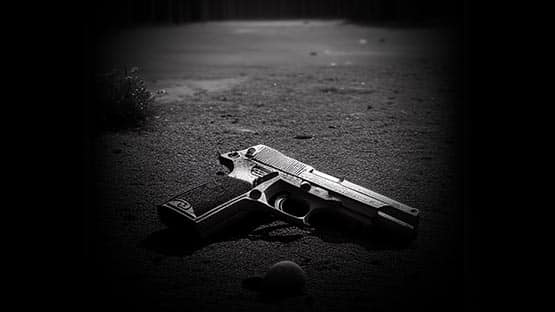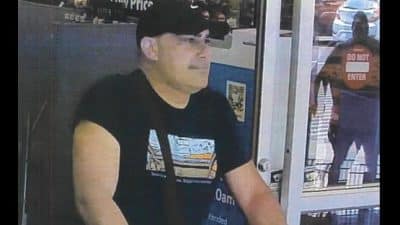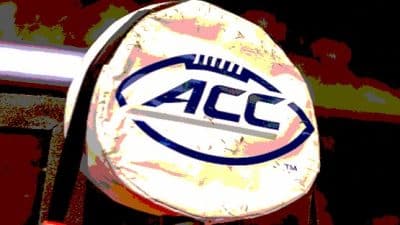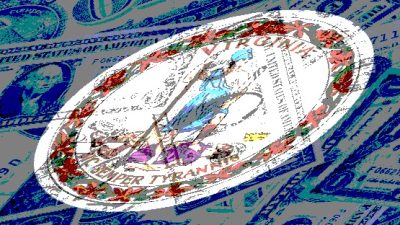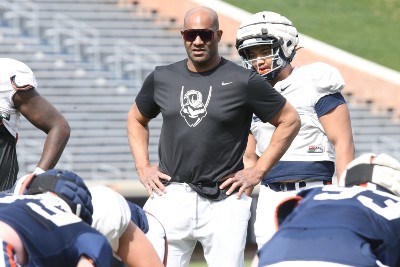
Former Virginia Football great Chris Slade didn’t hold back when I asked him about watching the Hoos’ woeful defensive play last season.
“It was awful,” said Slade. “I can tell you that more than once I sprang off my sofa and began screaming.”
Slade, who still holds the ACC’s career sacks record, returned home to Charlottesville earlier this year to join Tony Elliott’s staff as defensive ends coach.
Elliott, searching for a coach who knew the Virginia culture, reached out to Slade, who had resigned as head coach at Pace Academy in Atlanta in December. Slade and Elliott had built a relationship over the years that paralleled Elliott’s time as a highly successful assistant coach at Clemson University.
The two bonded while Elliott was recruiting Pace, and stayed in contact with one another. So, when Elliott took the job as Virginia’s head football coach, it was a given that Elliott would reach out to one of the most decorated players in school history.
Slade spoke with passion about his return to the program and his goals on being a college football coach. “Look at me, I’m wearing glasses, I’m old,” said Slade. Slade is glad to be part of the fresh start that Virginia has been given under Elliott.
“There’s a buzz here, everybody’s all excited, new coach, new staff, Coach Elliott has done a great job about football and life skills, you know, like, how to balance a check book, how to tie a tie, he cares about the little things,” Slade said.
“It’s the little things that coach Elliott has done has been out of the box, and I believe that when you do the little things that players start believing in you,” said Slade.
Knowing the pride that Slade has for Virginia Football, I wanted to know how difficult it was for him to observe the Cavaliers on defense during the 2021 and what it was going to take to change things for the better.
“Now is a time to focus on fundamentals, be technicians, to fixate on the fine details of playing the position,” noted Slade. Slade said that last year’s defensive play was “embarrassing” at times. “You know me, even watching the games, I still felt part of the program, to see some of the defensive stats were hard to accept.”
Indeed, those stats were brutal: Virginia ranked 121st out of 130 FBS schools last season in yards allowed per game (466.0) and 103rd in average points allowed (31.8).
In spring practice, Slade preached to his players about reaching new levels, “quickness, strength, and athleticism can take you far, but the best players do more,” Slade remarked to his group.
And Slade knows all too well what that means. After an All-American career at Virginia, just a few days in the New England Patriot’s preseason training camp, head coach Bill Parcells referred to Slade as a “bowling ball in tall grass.”
“Ability will only get you so far. At some point determination and grit have to take over,” Slade said.
Slade, while not inexperienced as a football coach, is entering his first preseason as a college coach. Who does he lean on? Slade has had some illustrious coaching mentors throughout his career. He’s quick to credit Super Bowl-winning head coaches Parcells, Bill Belichick and Pete Carroll and Hall of Fame Virginia coach George Welsh for the impacts and influence each coach had upon him.
Slade, however, gave the most credit to former Cavalier head coach Al Groh, who was the defensive coordinator for the Patriots when Slade began his pro career. “Whenever a football question comes up, I always call Coach Groh,” said Slade, who played eight seasons with New England and ended his career with the Carolina Panthers.
So, Chris Slade finds himself a rookie again. What’s he learned about himself since being referred to as “a bowling ball in tall grass”?
“Well, since retiring from playing and now coaching, I think the most important part of being a good coach is being a good teacher, and you can’t get mad at a player if they just can’t do it. You must figure out what they can do, because they can all do something well,” noted Slade.
Sometimes in sports the best players don’t always make the best coaches. Hall of Fame baseball player Cal Ripken said one of the reasons he felt he wouldn’t make a good coach or manager was that he didn’t know if he had the teaching skills.
Chris Slade is confident about his teaching skills and won’t take long for those skills to have an immediate impact upon his players, and if so, maybe those defensive stats won’t be so hard to look at.

